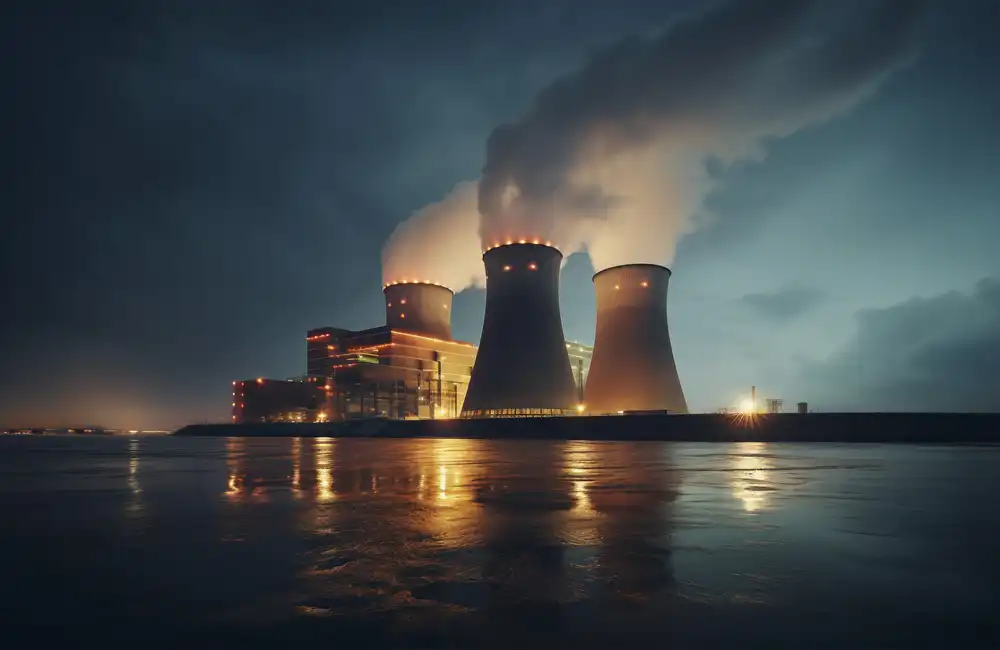Ed Miliband, the UK Energy Secretary, has agreed to modify the Great British Energy Bill to ban solar panels connected to forced labour practices in China's Xinjiang region.
The UK government is changing its ethical sourcing strategy in renewable energy by committing to combat human rights abuses while pursuing its clean energy goals. In this section we explore the major features of the development and evaluate its ethical implications as well as its potential effects on stakeholders.
Policy Reversal and Factors Leading to Amendment
Ed Miliband initially objected to banning Chinese-linked solar panels from the Great British Energy Bill because he worried this would cause setbacks to the government’s renewable energy objectives. MPs' persistent pressure together with campaigners' efforts and public examination of international supply chain ethics led him to change his mind. Miliband’s policy change emphasises the expanding political agreement on human rights in trade practices while ensuring government actions match global worries about fair supply chain management.
Ethical Concerns Surrounding Polysilicon Production
Allegations of human rights abuses in China's Xinjiang region which serves as a key polysilicon production centre have led to the ethical concerns that prompted this policy change. Polysilicon plays an essential role in making solar panels but reports show Xinjiang factories might use forced labour from Uyghur Muslims. Various international investigations found evidence that workers face forced participation and harsh working conditions and have limited freedom in so-called "re-education" programs.
The UK government demonstrates its commitment to ethical standards in renewable energy supply chains by prohibiting solar panels connected to unethical manufacturing practices. The action demonstrates increased worldwide recognition of corporate obligations to combat forced labour and human rights abuses.
Investors' Concerns
The new policy regarding renewable energy supply chains affects both investor confidence and the achievement of renewable energy objectives.
Investors face new complications because of the policy change despite the apparent ethical justification. The need to diversify supply chains presents a major obstacle given Xinjiang produces about 45% of global polysilicon. Production alternatives must come from regions like the United States, Europe, and other Asian countries that have higher production costs.
Investors worry about potential cost increases and project delays which could slow the UK's renewable energy expansion due to these changes. Switching to ethically sourced materials might compress profit margins and prolong project timelines which could challenge reaching net-zero targets by 2050. An ethical and transparent supply chain management system will build investor trust which will provide long-term stability to the sector.
Government's Justification for the Amendment
The UK government supports the policy change by demonstrating its dedication to ethical sourcing and transparent supply chains which it presents as a moral necessity and strategic priority. Through its firm opposition to forced labour practices the government seeks to become a worldwide leader in human rights advocacy within trade agreements. The commitment to ethically sourced materials meets consumers' social responsibility expectations which may help widen renewable energy technology markets.
The government believes that creating diverse supply chains will decrease dependence on one region to minimise risks from geopolitical unrest and production concentration.
Industry Reactions to the Policy Shift
The renewable energy sector has shown divided responses to the policy modification. Industry leaders strongly support the ethical position because it aligns responsible practices with clean energy objectives. The Solar Energy UK trade association has pointed out that industry transparency requirements should be met and stated that ethical sourcing methods will improve the sector's trustworthiness.
Implementing this policy faces practical challenges that have raised concerns. Significant investment and time together with extensive collaboration will be essential for diversification of supply chains. Smaller renewable energy businesses might struggle with both increased expenses and necessary changes to new supplier requirements. Several industry professionals believe that government assistance through subsidies or expedited project approvals for ethically sourced materials is essential for a seamless transition.
Broader Implications for Global Standards
The UK's policy shift affects more than just its own renewable energy market. This policy establishes a benchmark for ethical sourcing in energy policies and may shape global trade and human rights debates. As nations transition to renewable energy they might feel pressured to implement comparable regulations which can lead to enhanced global supply chain standards.
The United Kingdom establishes itself as a major advocate for human rights within international trade discussions while transitioning to its post-Brexit global position. The UK could establish itself as a pioneer in clean energy technology as well as ethical leadership if this policy succeeds.
Final Thoughts
The recent changes made by Ed Miliband to the Great British Energy Bill mark a crucial move toward integrating ethical sourcing standards with clean energy objectives. Despite existing obstacles for supply chains and investors the future advantage of transparent and humane production methods will eventually surpass these initial difficulties. The renewable energy sector together with policymakers and investors need to work together to make certain that their transition achieves both environmental sustainability and ethical standards.
The UK's ongoing solutions to these issues present a model that other nations can adopt when trying to combine human rights protection with net-zero emission targets. The transformation of global supply networks represents a significant advancement towards fairness and accountability standards.




















